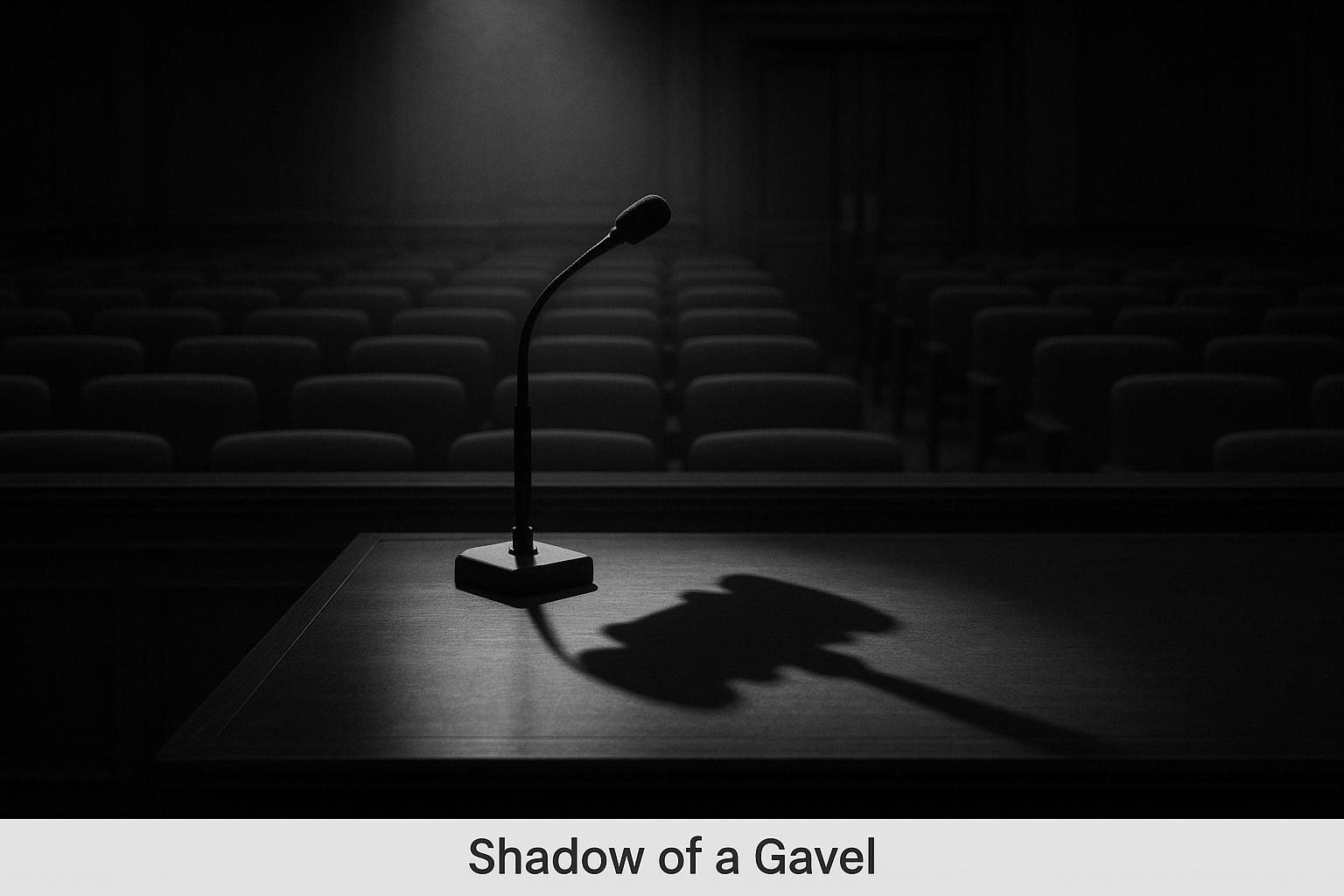The United States is reportedly on the verge of imposing sweeping sanctions against the entire International Criminal Court (ICC), a move that could severely disrupt the court’s day-to-day functioning. Traditionally, Washington has targeted individual ICC officials with sanctions, but extending these measures to the entire institution would mark a significant escalation in tensions. According to sources close to the matter, emergency meetings have already taken place within the ICC to assess the potential impact, with some staff having their salaries paid in advance to safeguard against possible disruptions to banking and software systems. The court is also reportedly seeking alternative suppliers for essential financial and software services in anticipation of the sanctions.
The intensifying conflict between Israel and Gaza is at the heart of the controversy surrounding the ICC. The court has indicted Israeli Prime Minister Benjamin Netanyahu and former Defence Minister Yoav Gallant over alleged war crimes committed during Israel’s ongoing military operations in Gaza. At the same time, leading Hamas figures, indicted for orchestrating the militant group's October 7, 2023 attack on Israel, have reportedly been killed by Israeli forces. The court’s investigations into these allegations have been a persistent irritant to Washington, which disputes the ICC’s jurisdiction over US and Israeli personnel.
A US State Department spokesperson reiterated this stance, accusing the ICC of asserting "purported jurisdiction" over its nationals and those of Israel, and suggested that Washington would continue to protect its service members "as long as the ICC continues to present a threat to our national interests." The Times of Israel quoted an unnamed diplomat as saying that the previous route of individual sanctions had been exhausted and that the move to sanction the entire ICC was imminent, signalling a deeper confrontation.
The reaction from the legal community has been swift. The International Bar Association (IBA) has condemned the proposed sanctions, emphasising the ICC’s crucial role as the cornerstone of international justice. Dr Mark Ellis, IBA Executive Director, described the Court as vital to combating atrocities that shock the conscience of humanity. He warned that sanctions undermine progress made for victims and weaken the global rule of law, highlighting that ICC officials have long faced political threats and intimidation aimed at obstructing justice.
Beyond the ICC, the United States has been actively expanding the use of sanctions as a foreign policy tool. This includes measures against various international entities and officials, reflecting a broader strategy of unilateral enforcement. For instance, Washington has repeatedly targeted Brazilian officials connected to legal proceedings related to former President Jair Bolsonaro, with Treasury Secretary Scott Bessent signalling readiness to impose further sanctions if necessary. This follows sanctions on the spouse of a Brazilian Supreme Court judge involved in Bolsonaro’s criminal case and revocation of visas for several Brazilian officials, eliciting sharp criticism from Brazilian President Luiz Inácio Lula da Silva, who condemned these actions as attacks on Brazilian sovereignty and democratic institutions.
Similarly, the US is set to impose sanctions on Serbia’s Russian-owned oil company NIS starting October 1, a decision with potential ramifications for the country’s oil supply and banking operations. This move underscores the ongoing pressure Washington is applying to entities linked to Russia amid broader geopolitical tensions.
In the Middle East, Syrian President Ahmed al-Sharaa, during a historic visit to New York, called for the removal of US sanctions under the 2019 Caesar Syria Civil Protection Act, arguing that these punitive measures no longer reflect current realities and predominantly harm the Syrian population. Sharaa highlighted ongoing Syria-Israel security talks, which may influence future US policy on sanctions in the region.
This growing pattern of aggressive and expansive application of sanctions, including the imminent move against the ICC, reflects a broader US geopolitical posture where sanctions serve as a key instrument to protect national interests and exert influence globally. However, as critics warn, such measures carry risks of undermining international institutions and exacerbating global tensions.
📌 Reference Map:
- Paragraph 1 – [1], [2]
- Paragraph 2 – [1], [2]
- Paragraph 3 – [1]
- Paragraph 4 – [7]
- Paragraph 5 – [3], [6]
- Paragraph 6 – [4]
- Paragraph 7 – [5]
- Paragraph 8 – [1], [2], [7]
Source: Noah Wire Services
